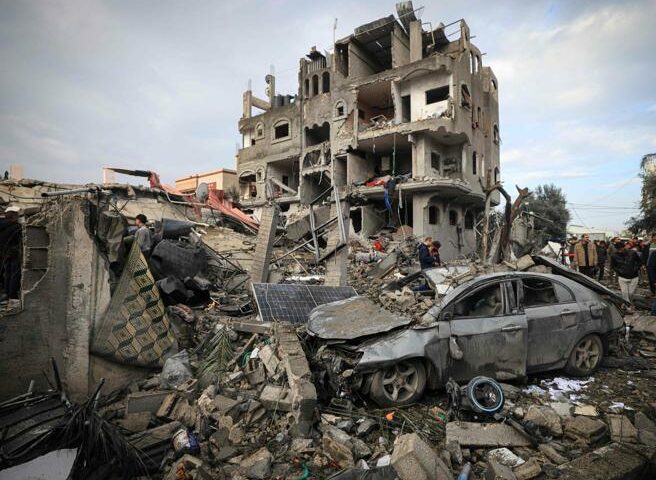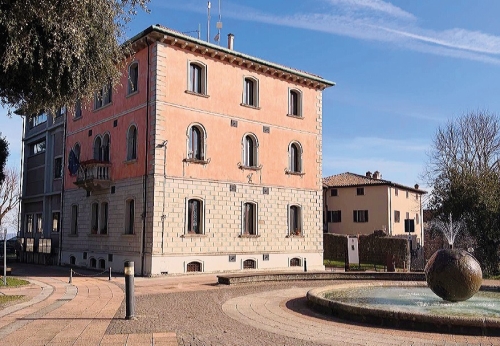
Trump pronto a nuove sanzioni dopo l’attacco russo a Kyiv
8 Settembre 2025
Green Day – Basket Case
8 Settembre 2025
Donald Trump ha rilanciato un “ultimo avviso” a Hamas: accettare un’intesa sugli ostaggi che, secondo lui, Israele avrebbe già approvato. L’idea è uno scambio iniziale di 48 persone in cambio di una tregua e di trattative più ampie. Hamas ribadisce però che senza una fine reale della guerra e il ritiro delle truppe israeliane non ci sarà accordo.
Nel frattempo Benjamin Netanyahu spinge per il controllo di Gaza City, scelta che divide anche l’apparato di sicurezza israeliano: c’è chi teme che un assalto metta a rischio gli ostaggi e costringa a un’occupazione lunga e costosa.
Nonostante mesi di bombardamenti, Hamas non appare vicina al collasso: secondo stime recenti dispone ancora di circa 40.000 combattenti e di una rete di tunnel che ne sostiene la resistenza.
Washington ha fatto recapitare a Hamas una proposta che congela l’offensiva su Gaza City in cambio delle prime liberazioni. Ma non c’è alcun obbligo a chiudere il conflitto: sarebbe solo una tregua tattica.
Politicamente, Netanyahu tiene unita la sua coalizione insistendo sull’offensiva, mentre Trump punta a risultati immediati da rivendere come vittorie. Entrambi possono ottenere vantaggi senza fermare davvero la guerra.
Intanto l’ONU avverte che un assalto a Gaza City aggraverebbe fame e sfollamenti. Dopo quasi due anni di conflitto, il piano ostaggi rischia di restare solo un tampone: libera vite, ma non apre la strada alla pace.
Hostages at the Center: Why the Plan Won’t End the War
Donald Trump has issued what he called a “final warning” to Hamas: accept a deal on hostages that he claims Israel has already approved. The idea is an initial release of 48 people in exchange for a temporary truce and broader talks. Hamas, however, insists that without a real end to the war and a full Israeli withdrawal, no deal is possible.
Meanwhile, Benjamin Netanyahu is pushing to seize Gaza City—a move that even parts of Israel’s security establishment fear could endanger the hostages and trap the country in a costly occupation.
Despite months of airstrikes and ground operations, Hamas is far from collapse. Military estimates suggest it still has around 40,000 fighters and a network of tunnels that blunts Israel’s advantage.
Washington has sent Hamas a proposal to freeze the Gaza City offensive in exchange for the first hostage releases. But nothing in it guarantees an end to the conflict: at best, it’s a tactical pause.
Politically, Netanyahu preserves his coalition by continuing the offensive, while Trump seeks quick results he can present as victories. Both gain in the short term, without committing to real peace.
At the same time, the UN warns that a full assault on Gaza City would worsen hunger and displacement. After nearly two years of war, the hostage deal risks becoming only a stopgap: saving lives, yes, but without opening a path to peace.





